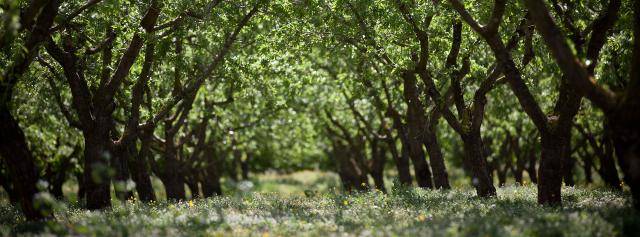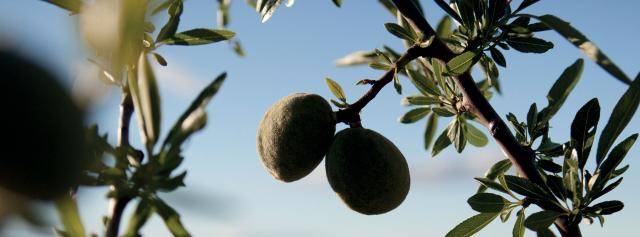Preserve nut craft in Spain
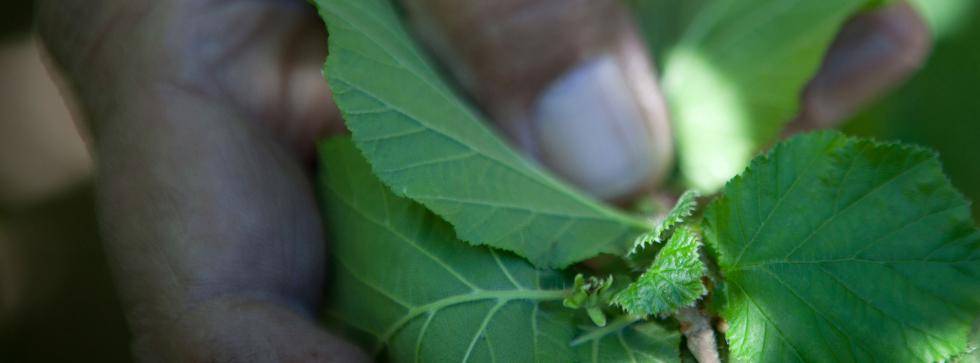
Preserve nut craft in Spain
The roots of our passion for nuts
The roots of our passion for nuts come from our region and its nuts tradition.
In Spain, almonds are grown all along the Mediterranean coast while 90% of Spanish hazelnuts are grown in Catalonia. In the area of Tarragona, where La Morella Nuts is located, most people are linked to nuts in one way or another, having relatives owning orchards. The “llotja de Reus”, the stock exchange of Reus, has played a key role in the European nuts trade for hundreds of years and today, our city still hosts the International Nuts Council (INC), gathering the main players of the global nuts industry.
Today, Spanish nuts growers face various challenges. With our activities, we are supporting them to become more efficient and sustainable to be fit for the future.
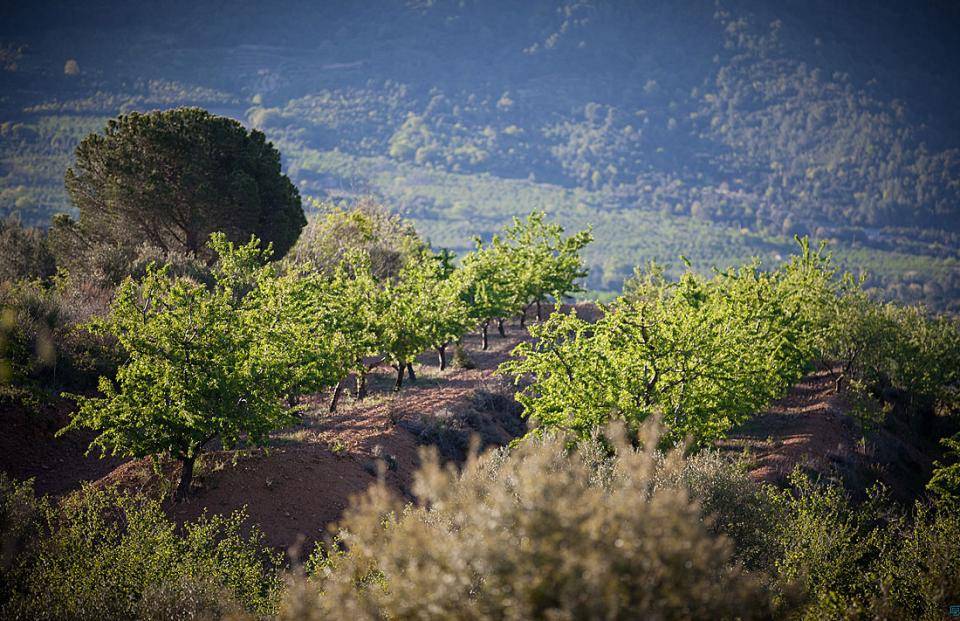
Our commitment
Our commitment: Spain will remain the main origin of the nuts we source.
We aim to support Spanish farmers so the farms can keep on prospering for future generations! It means sourcing delicious nuts grown in orchards fit for the future and supporting farmers to implement good agricultural practices and improved irrigation techniques; so we can have delicious Spanish nuts forever.
Some initiatives to improve local production
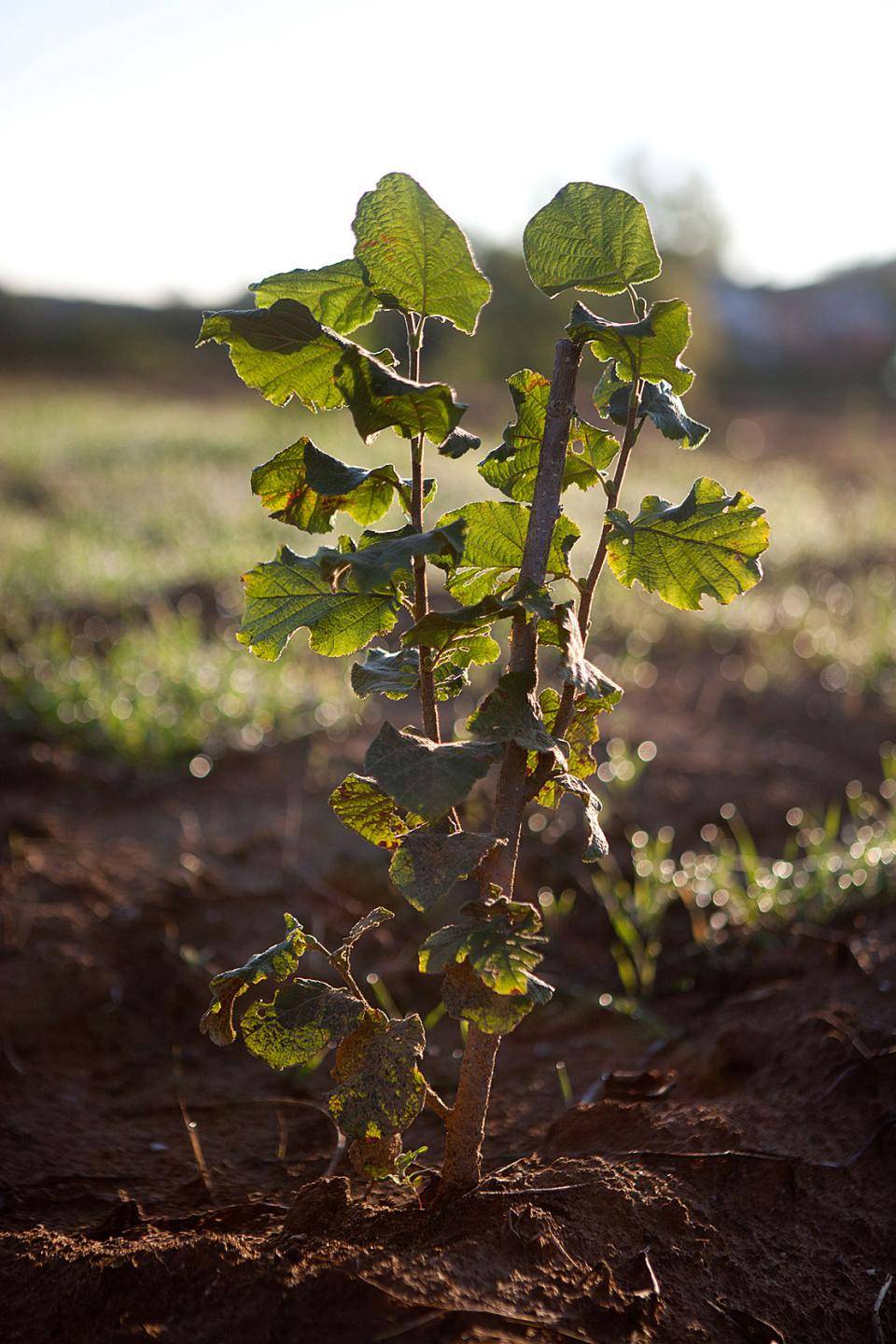
- Future proof irrigation: In Spain, around ⅓ of the total costs of a hazelnut farm is dedicated to irrigation. We jointly work with our main hazelnut partner and local nut growers to analyze and improve irrigation practices. The aim is to achieve a higher hazelnut yield per liter of water applied.
- Continuous improvement: Having the right knowledge and expertise is the best way for farmers to get the most out of their orchards, preserve the local environment and protect workers' rights. We work with Spanish nut cooperatives and independent experts that provide training to farmers such as: how to prune for better yields, maintain cover crop to reduce pesticide usage, use Integrated Pest Management methodologies...
- Testing & learning: In Spain, varieties of almond trees have been selected to bloom later than usual, hence reducing the risk of frost after pollination that can significantly damage the crop. In parallel, some suppliers we work with use their own fields as trial grounds for different shapes of tree or new orchard configurations.




